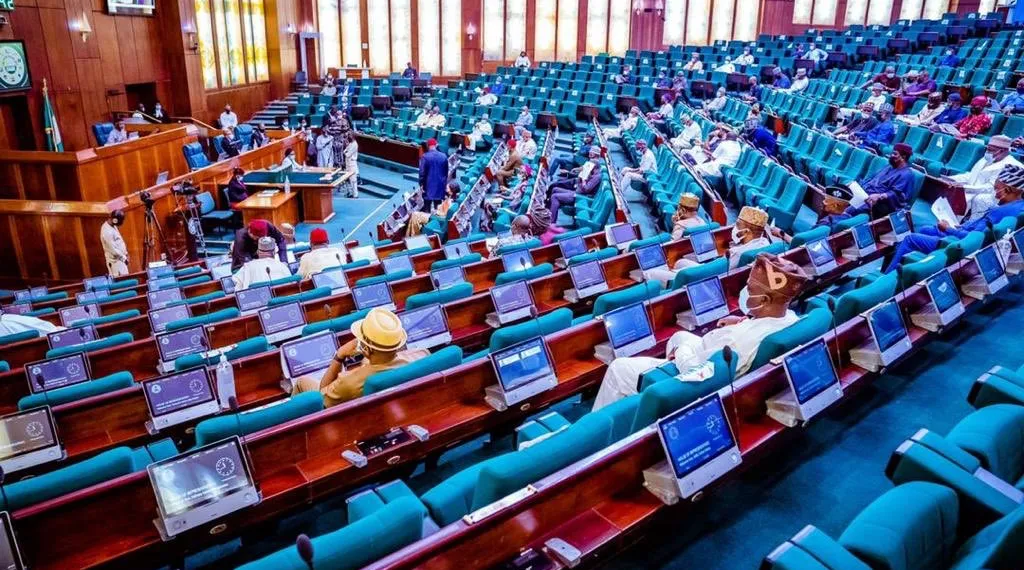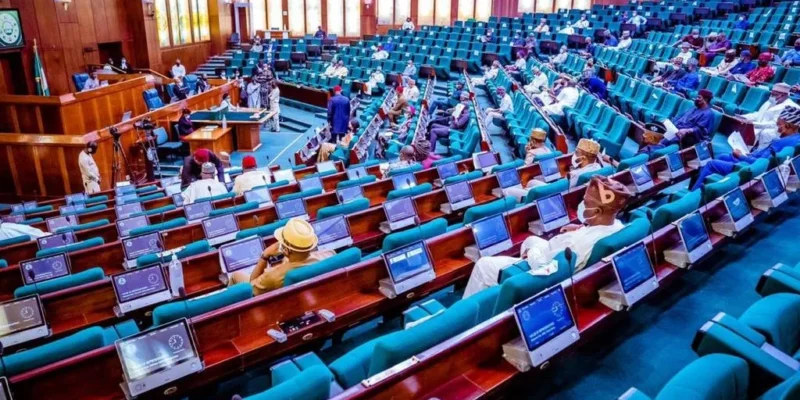
The Nigerian Senate has threatened to withhold budget allocations for 2025 from federal ministries, departments, and agencies (MDAs) that fail to account for expenditures from the 2024 fiscal year. This warning was issued during an investigative hearing by the Senate Committee on Finance, chaired by Senator Sani Musa, focused on fiscal accountability and revenue remittance.
Lawmakers criticized irregularities in revenue generation and expenditure reporting, citing significant discrepancies in records from key agencies, including the Nigerian National Petroleum Company Limited (NNPCL) and the Federation Account. Concerns were raised about unaccounted revenues from liquefied natural gas (LNG) dividends, loans, grants, and other inflows managed by the government.
Senator Musa underscored the importance of addressing these inconsistencies, stating, “This performance index exercise on the various MDAs is preparatory to the 2025 budget. Any agency that fails to appear before this committee upon invitation risks zero allocation in the 2025 budget.”
The committee criticized the centralized payment system managed by the Office of the Accountant General of the Federation, citing inefficiencies that delay project execution and undermine public trust. Lawmakers highlighted instances where MDAs faced months-long delays for payment approvals after project completion. Concerns were also raised about contractors reportedly paying unofficial fees of up to 5% of contract values to expedite payments.
During the hearing, the Accountant General of the Federation, Oluwatoyin Madein, reported an internally generated revenue (IGR) of ₦301.49 billion and a capital allocation of ₦8 billion for 2024, of which only 25% had been utilized. The Senate noted that unutilized funds prevent access to necessary resources, further stalling projects and governance.
Lawmakers criticized the low stamp duty revenues of ₦30.3 million recorded between 2020 and 2024, linking this to poor budget performance and inefficiencies in tax collection.
The Senate resolved to summon other key stakeholders, including the Revenue Mobilization Allocation and Fiscal Commission (RMAFC), the Nigerian Extractive Industries Transparency Initiative (NEITI), and the NNPCL, to address discrepancies in their financial reports. Senator Musa emphasized the need for all stakeholders to provide consistent and accurate data, stating, “We need all stakeholders present at the same time to ensure clarity and consistency in their reports.”
The committee has given the Accountant General a deadline to provide detailed reports addressing the identified bottlenecks and proposing solutions ahead of a follow-up meeting. Lawmakers are also deliberating reforms to decentralize payment systems to enhance efficiency and ensure timely execution of critical infrastructure projects.
Summarizing the issues, Senator Amos Yohanna stated, “Federal government revenue is suffering because budget performance is poor. Taxes remain low because payments are not made. We need a system that works.”
The Senate’s ongoing hearings highlight an urgent push to strengthen Nigeria’s fiscal oversight and accountability mechanisms, with the aim of fostering transparency, efficiency, and public trust.

Comments